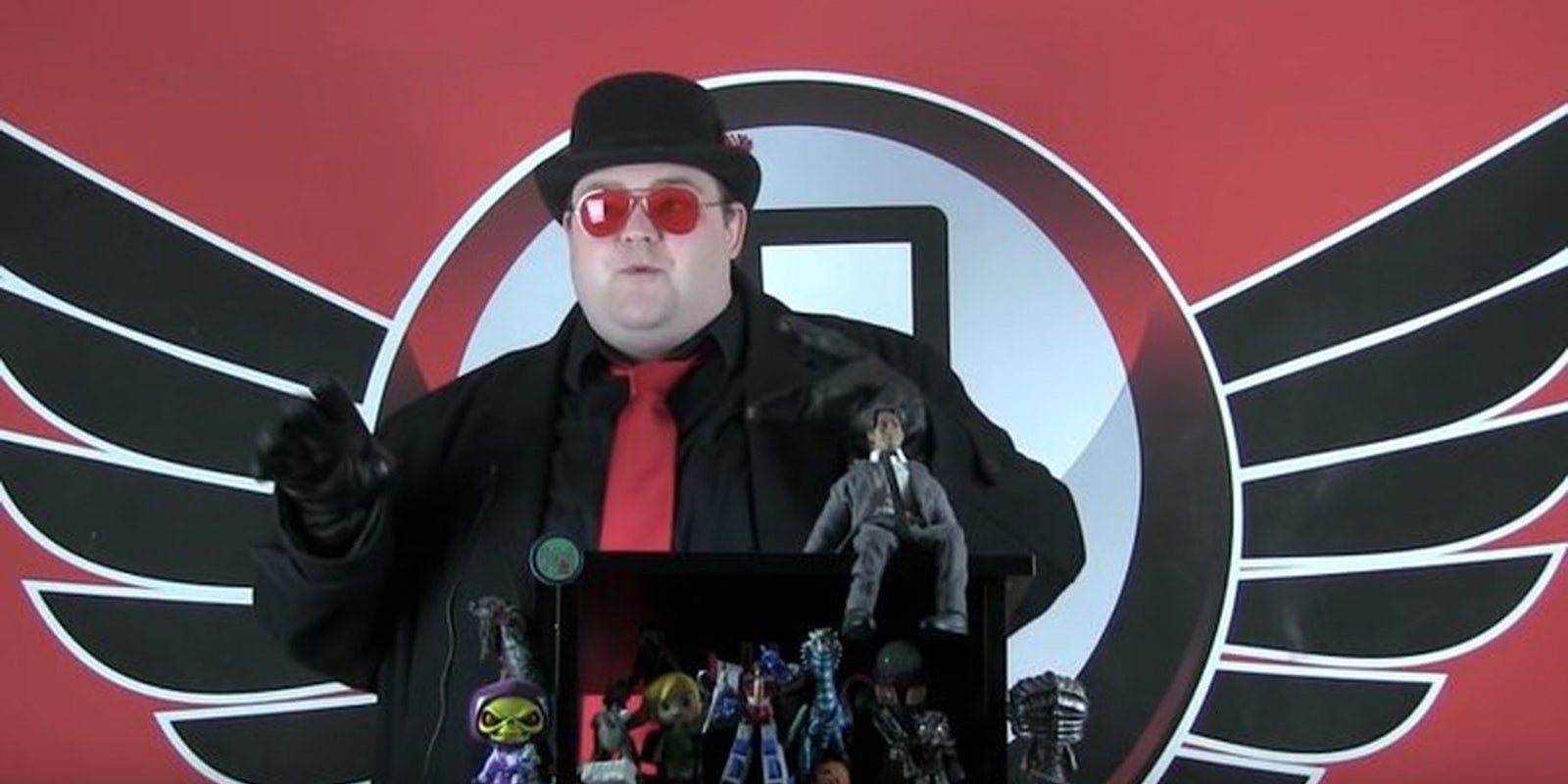YouTube‘s Content ID system, used by copyright holders to take down videos that include their material, has long been an unfair thorn in the side of video game reviewers and Let’s Play channels. Even critics who fairly use game footage can have their work taken down on a whim and face an onerous review process to get it back.
But extremely good game critic Jim Sterling has discovered a loophole in the system, and it’s hilarious.
As Kotaku explains, Sterling posted his video review of Nintendo‘s new Star Fox game this week. While the video included footage from the game in question, it also incorporated scenes from other major titles not owned by Nintendo.
How does this protect Sterling’s review from a Content ID takedown? Well, if more than one copyright holder makes a claim on the video, they have to go through YouTube’s dispute process to see who can run ads against it and collect the money.
This is where Sterling’s master plan takes effect. Instead of trying to avoid a Content ID flag on his video, he’s intentionally trying to draw one. He carefully chose game footage that had gotten him flagged before so he could be sure multiple companies would try to claim it.
“I figured every time I talk about Nintendo, I’m going to throw in other stuff that gets flagged by Content ID, and just watch the corporations battle it out,” Sterling explained in the video.
“In my experience, I’ve realized it stops one company from monetizing it, because where’s the money going to go to? Is it going to be Nintendo, or the company that owns the rights to Erasure’s ‘Chains of Love’?”
Wait, what? “Chains of Love”?!
Indeed. Sterling has instituted a policy of playing the ’80s synthpop hit in every video where he mentions Nintendo. And it works! Sterling told Kotaku that WMG, owner of the Erasure copyright, has already made claims on his Nintendo videos.
No one will be making any money on them, though: Nintendo had set the videos to “not monetized.”
Sterling, meanwhile, doesn’t profit from ads. He’s recently switched over to getting paid by fans via Patreon.


